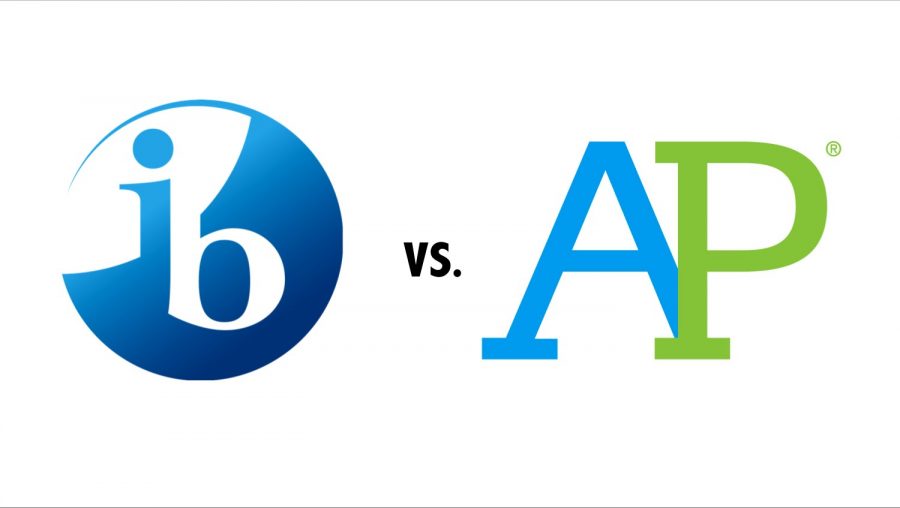By Daniel Do |Feature| –
The Advanced Placement (AP) and International Baccalaureate (IB) programs are both college-level courses that can accumulate free college credits, and both are offered at Lincoln High School in Lincoln, Nebraska. So what’s the difference between the two programs? Does one look more impressive than the other? Which will improve your odds of getting into a top school the most?
The ultimate goals of each program are distinctively different. The Advanced Placement program was developed by the U.S. for high school students to be prepared for college classes, with no pre-prepared set of determined classes. On the other hand, the International Baccalaureate program was developed to earn an IB diploma, which required one to take a predetermined set of classes and courses.
According to the National Education Association, over 2 million students took AP exams in 2014, while only about 135,000 students took IB exams.
IB has more emphasis on writing and developing critical thinking skills – and not just on the exams themselves. The IB diploma also requires the extended essay, a long, college-style research paper.
The IB program also has extracurricular requirements. While the AP program is more focused on students’ specific choices of classes and testing their knowledge or exams and tests.
Plus, IB exams are significantly more expensive than AP exams. IB exams are $160 registration fee with an additional $110 fee per exam. While AP exams are only $92 per exam without any additional fees.
You may be attracted to the IB program’s focus on writing and a predetermined set of classes, or you may think the AP program’s flexibility makes it a better choice for you. Definitely take these program differences into account as you make your choice.
For the most part, colleges don’t consider IB or AP to be more difficult than one another. Colleges accept both programs equally, but the credit hours may differ between the programs. In most cases, if you earn a high passing score for example a 7 on IB or a 5 on AP you will get course credit.
But one thing to keep in mind is that while IB higher-level courses are usually accepted by colleges, standard-level IB courses aren’t always taken. In contrast, AP is offered at one level. So if you take 3 higher-level IB courses and 3 standard-level IB courses as part of the diploma, you may end up with less credit than you would for the same 6 AP courses.
“I think that IB is definitely a good program for college and that it really challenges students to their full learning potential,” LHS senior Rory Helwig said. “Currently, I’m in the AP program even though I’ve done IB and Arts, and I think all these programs are really well-structured educational programs.”
During his freshman, sophomore, and the first semester of his junior year Helwig did the IB program, but he really wanted to take a break from the rigorous schedule and wanted to experience something else.
“So I switched to the Arts program,” Helwig said. “After a semester of Arts, I realized that it wasn’t really my cup of tea, so I went back to Lincoln High to finish my senior year off in the AP program.
After experiencing all three programs, Helwig thinks they’re all really good depending on who you are. “
Each one is significantly different, but I think it’s whatever floats your boat,” Helwig added.
Either way, as students of Lincoln High School, we’re truly lucky to have an opportunity to access both of these rigorous educational programs that will influence our lives. Some schools may not even have AP course, let alone IB courses.
Which just goes to show how privileged we are as a school to have both programs in our building for students to choose from.






